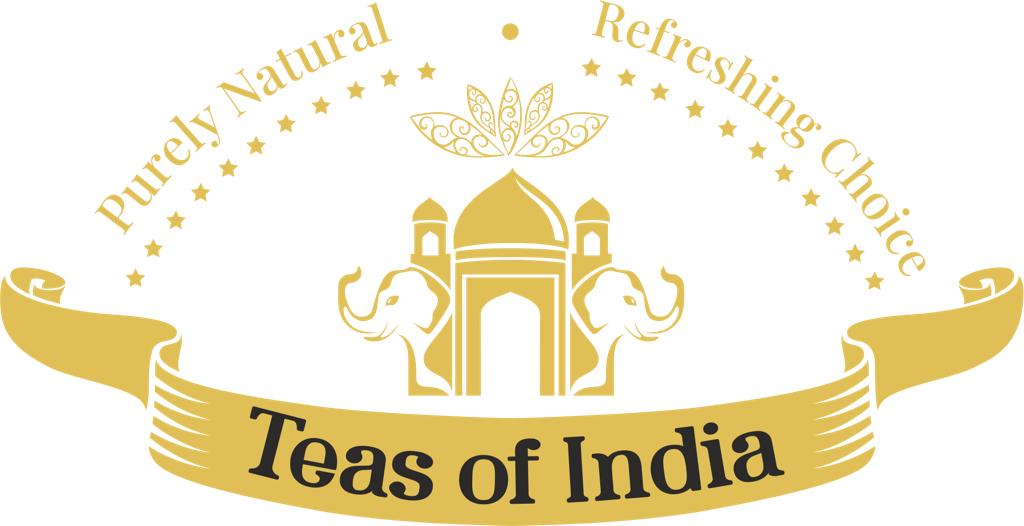India has a rich history, tradition, and social significance when it comes to tea, so each drink is a voyage through culture and time. From the misty slopes of Darjeeling to the vast tea estates of Assam, India’s tea heritage spans a variety of communities and locations, reflecting the country’s complex tapestry of customs, traditions, and values.
The beloved chai, a popular beverage enjoyed by people from all walks of life, is at the center of Indian tea culture. Chai, a beverage made by steeping black tea leaves with a mixture of spices, milk, and sugar, represents warmth, hospitality, and connection more than just a simple beverage. Chai is a social beverage that promotes unity and communication between people, whether it is served at upscale teahouses or modest roadside stands.
India has a wide variety of specialty teas besides chai, each with a unique flavor profile and manufacturing process. Known as the “Champagne of Teas,” Darjeeling tea is highly appreciated for its excellent flavor, subtle scent, and floral undertones. Darjeeling tea, which is grown in the Himalayan foothills, is a global favorite among connoisseurs because it captures the essence of the area’s cold temperature and rich soil. Contrarily, Assam tea is prized for its strong flavor and malty overtones because of the tropical environment and abundant biodiversity of the area. Some of the world’s best black teas, prized for their complexity and intensity, come from the enormous tea farms of Assam.
Furthermore, millions of Indians rely on the tea industry as their primary source of income, especially in rural areas where growing tea is a way of life. Tea creates jobs and sustains numerous households all throughout the nation, from picking tea leaves on foggy mountains to processing and packing the finished product. India’s tea culture is essentially a celebration of history, community, and the age-old skill of making the ideal cup of tea. In addition to tasting the flavors of the region, each sip embodies the essence of India, where tradition and modernity coexist peacefully.
India’s tea culture embodies a deep-rooted tradition that transcends generations and unites people across diverse backgrounds. The ritual of preparing and sharing tea is a cornerstone of hospitality in Indian households, where guests are welcomed with a steaming cup of chai and lively conversation. Whether enjoyed during leisurely gatherings or as a quick respite from a bustling day, tea serves as a comforting constant in the rhythm of daily life.
Beyond its social significance, tea holds a special place in religious and spiritual practices across India. In Hinduism, tea offerings are made to deities during prayers and ceremonies, symbolizing purity and devotion. Similarly, in Sufi traditions, tea serves as a symbol of hospitality and spiritual connection, fostering bonds of friendship and respect.
